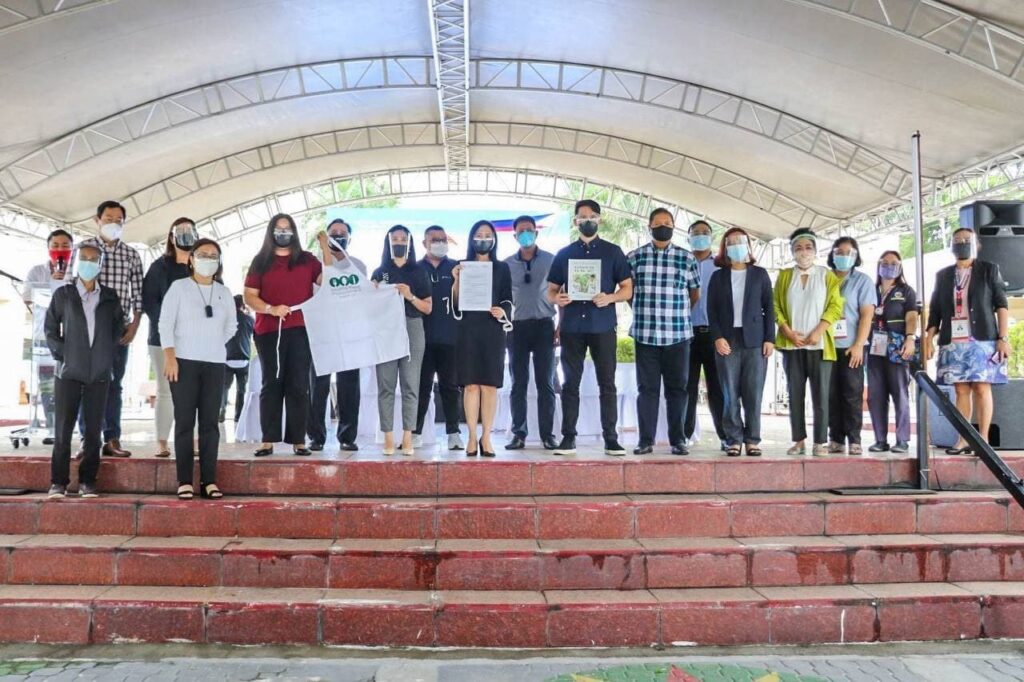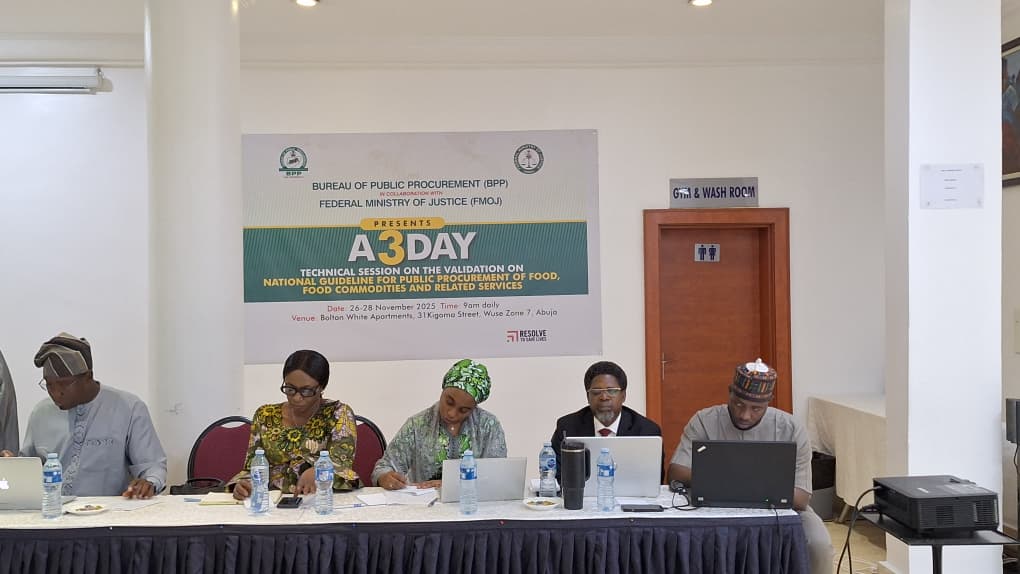Cardiovascular disease is the leading cause of death in the Philippines, with more than 200,000 lives lost every year. About 81,000 of these deaths are attributed to dietary risk factors, including high sodium intake.
In July 2020, Resolve to Save Lives (RTSL) awarded a grant to ImagineLaw, a non-profit public interest law organization, to help reduce sodium intake and improve diets through supporting the Quezon City government to develop a new public food procurement and service (PFPS) policy.
Collaborating closely to fast-track new policy
ImagineLaw quickly partnered with the city government, which established a technical working group of government agencies to oversee the development, implementation, monitoring and evaluation of the policy. ImagineLaw worked closely with the technical working group to conduct research, write the initial draft of the nutrition standards and organize workshops and training sessions for developing the policy monitoring instruments. Together, they conducted legal and food environment assessments that would inform the draft policy.
In less than a year, the Quezon City government developed a new public food procurement policy that established nutrition standards for all food and food suppliers for Quezon City public offices and departments, including city-run hospitals and other institutions. On May 12, 2021, the Quezon City Government Executive Committee approved the new policy, and on July 23, 2021, Mayor Josefina Belmonte signed an executive order that put the Quezon City Healthy Food Procurement Policy into effect.
Informed by local and global guidance, including the Nutritional Guidelines for Filipinos and the World Health Organization’s Five Keys to a Healthy Diet, the Quezon City Nutrition Standards promote nutritionally balanced meals consisting of whole and fresh foods (instead of processed foods), with an emphasis on fruits and vegetables. They also ban the use of artificial trans fat—estimated to cause more than half a million deaths every year, globally—and place restrictions on sugar and sodium.
Beyond diet: nurturing people, promoting sustainability and growing the local economy
Quezon City’s healthy PFPS policy also seeks to strengthen both sustainability and food security by promoting local urban farms and sourcing local ingredients and whole foods through programs led by the Small Business and Cooperatives Development Promotions Office, the Sustainable Development Affairs Unit and the Market Development and Administration Department. This collaboration encourages local businesses to work with Quezon City’s public institutions to create a healthy and sustainable food environment.
The Quezon City Health Department will review and update the nutrition standards, and develop supporting reference tools and materials, every three years.
So far, more than 60,000 patients and beneficiaries of the city’s hospitals and shelter homes and more than 18,000 city employees have received healthy meals under the new policy. More than 100 city employees who procure and provide food to city program and project beneficiaries, staff and oriented food suppliers, have received training on the policy.
Quezon City Vice Mayor Gian Sotto recognized the policy as a “giant step towards an institutional and fiscal approach to solving societal concerns caused by lack of nutrition and awareness on the effect of our eating habits to our body.” He said, “The best way to promote healthy eating in our Quezon City families is to lead by example and show that it is not only beneficial to have a nutritious diet, but it is also possible to change our spending habits and embrace a new and more health-conscious lifestyle.”
Successful passage of the healthy PFPS policy in Quezon City has spurred government support for scaling up to other Local Government Units (LGUs) throughout the country, with ImagineLaw supporting the national government in this effort. With help from RTSL, ImagineLaw will work directly with five new LGUs to advocate for and support policy development, and with regional bodies to help them support LGUs in their region.
ImagineLaw also supported the Department of Health in the Philippines to put in place a nation-wide healthy PFPS policy applicable to government-run health facilities throughout the country. All food procured, prepared and served in these facilities must comply with healthy nutrition standards.
“The Quezon City experience shows that better government spending for healthy food is possible,” said Jeline Marie Corpuz, ImagineLaw’s manager for its Healthy Public Food Procurement project. “We hope that Quezon City’s success in implementing a healthy PFP policy sparks positive change in other cities and municipalities to rise to the challenge of creating healthier food environments.”
To generate evidence on the impact of healthy PFPS policies, RTSL has partnered with Johns Hopkins University and ImagineLaw to conduct an evaluation of forthcoming food procurement policies in the Philippines.
LESSONS LEARNED
The success of the Quezon City Healthy Food Procurement Policy was due in part to ImagineLaw’s technical expertise and coordination efforts with the Quezon City government, as well as each partner’s understanding of the importance of the policy and willingness to work together to advance the new policy as rapidly as possible. Some of the lessons from the PFPS policy’s development and approval include:
- Establishing a working group: Establishing a dedicated working group gives partners a platform through which to collaborate.
- Involving independent parties: Partnering with independent groups in the process—for example, a civil society organization like ImagineLaw—can help to bring outside perspectives and expertise to the effort, particularly in terms of technical experience.
- Finding opportunities to build local allies: by working with small businesses, the Quezon city program was able to promote sustainability and support for local businesses.
- Setting an example for scaling-up: With the support of the national government, Quezon City’s first-of-its-kind PFPS policy has provided a model for other LGUs.



